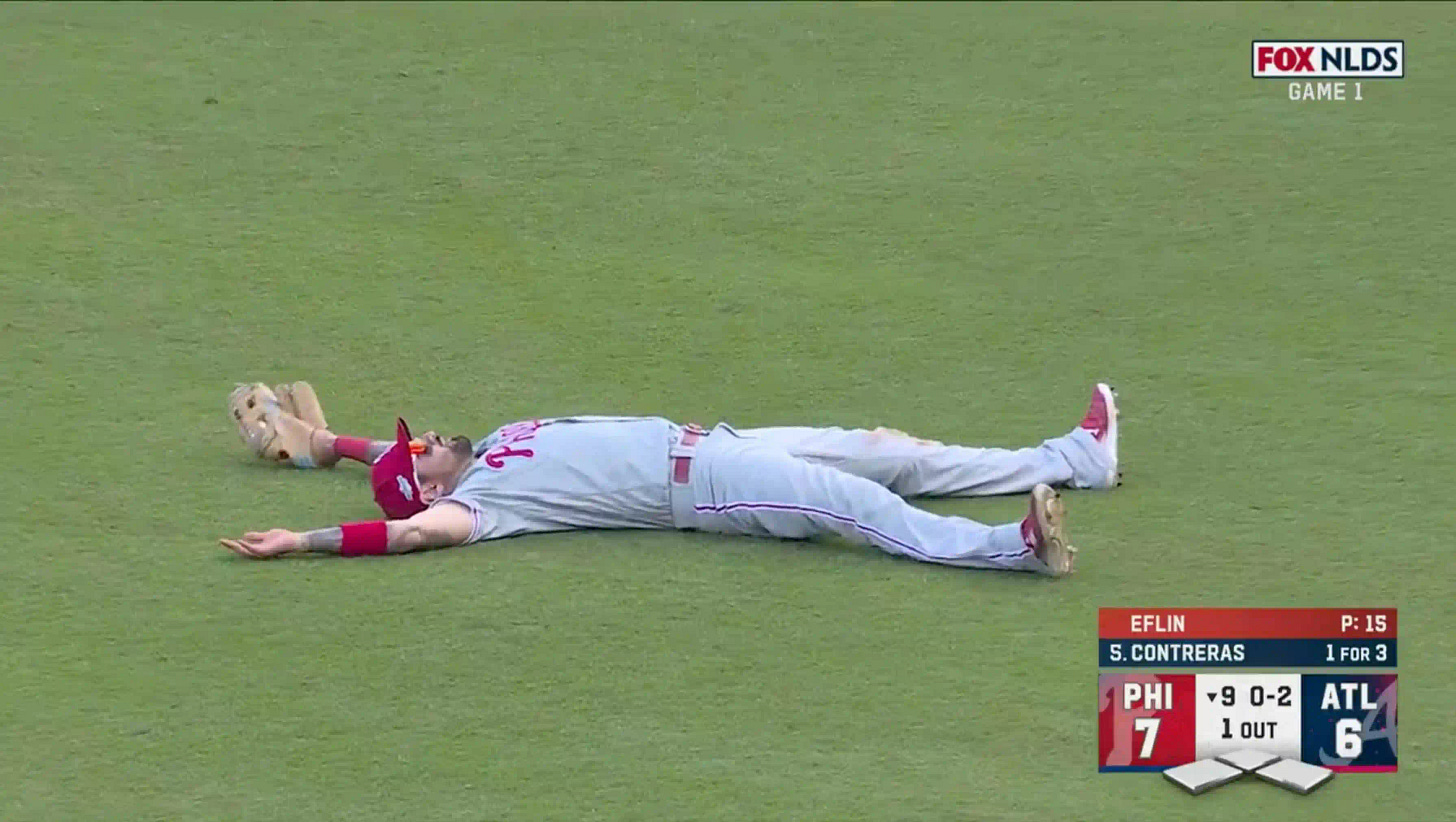The Out in Left Weekly: March 10, 2024
Nick Castellanos/God, unions, and more

MLB news
Nick Castellanos for president (of the MLBPA)
Phillies outfielder Nick Castellanos is all of us, as I wrote last May, and he further proved that last week in comments to Sports Illustrated about MLB’s new uniform debacle:
The problem is that lawyers and businessmen think us young athletes are stupid. S…



